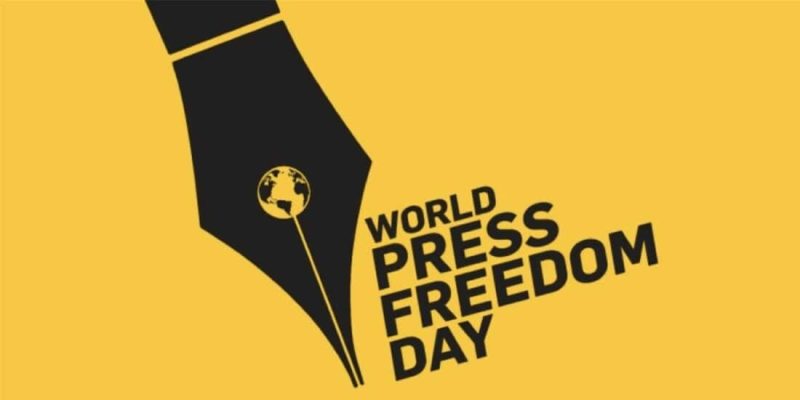
The Importance of Celebrating and Defending Journalism this World Press Freedom Day

On 3 May 1991, the United Nations Educational, Scientific and Cultural Organization (UNESCO) adopted the Declaration of Windhoek on Promoting an Independent and Pluralistic African Press during a wave of pro-press reform. At that time, the principles underlying the establishment of a free press were spreading across borders and political systems; the fall of state censorship in much of Eastern Europe, South Africa’s loosening of its own censorship laws and the global population’s growing access to a variety of media outlets were all seen as proof that the belief in a free press across all social strata and cultures was growing. That UNESCO had adopted such a resolution was a cause for celebration, and World Press Freedom Day was first officially observed in 1994. As the world prepares to celebrate the thirty-first World Press Freedom Day, the hoped-for future outlined by the Windhoek Declaration has instead seen a global reduction in press freedoms and the very principles underlying the Windhoek Declaration called into question.
2024 marked a near-universal backslide in press freedoms. Reporters without Borders (RSF) reported a global average decrease of 7.6 points (on a 100-point scale) in 2024 alone in its annual World Press Freedom Index. The Committee to Protect Journalists (CPJ) issued a special report stating that 2024 was the deadliest year for journalists since it began collecting data over three decades ago.
As journalists around the globe deal with this troubling state of affairs, the growth and accessibility of artificial intelligence (AI) in the form of large-language models also threatens to drastically change the media landscape and the very nature of journalism itself. As stated in UNESCO’s World Press Freedom Day 2025 report, even the viability of financially sustainable professional journalism is increasingly precarious and fragile due to AI.
With the growth of AI, a global decrease in press freedoms and the growing prevalence of disinformation campaigns utilizing both of those trends, the hope for a global expansion of press freedom expressed at Windhoek and celebrated every 3 May has withered. As laid out in a prior AMUN Accords article celebrating World Press Freedom Day 2021, the state of global press freedoms was already facing severe strain nearly half a decade ago. The further degradation of protections and respect for journalists by state and non-state actors and the rise of AI could pose a grave risk to the future of a free press around the globe.
Despite the bleak circumstances, it is still possible for individual actions to reverse this trend. Supporting and engaging with human-produced, credible news sources, verifying information as much as possible before sharing it with others, and advocating for legal and cultural protections for a free and independent press can all help correct the degradation of press freedom. At AMUN, the principles of press freedom cherished by UNESCO, those of freedom of expression, public access to information and widespread media literacy, are supported and spread. For decades, the International Press Delegation simulation has sought to impart on our participants, and on all of AMUN’s simulations, the responsibility to more deeply interact with the topics of media literacy, the ways journalists can change and impact the world around them and the importance of objective, independent journalism in the dissemination of information.
As we prepare to celebrate more than three decades of World Press Freedom Day, we acknowledge the importance of independent, human-produced journalism and of the journalists whose dedication and devotion to their craft puts them in danger and has them targeted. Without their work, AMUN and the world at large would be much worse off.
Keep Up With The Accords
More to read
The AMUN Accords is a premier resource for fact-based Model United Nations simulations. We are always looking for new contributors. Want to write for the AMUN Accords? Check out out the submission guidelines and then get in touch!




